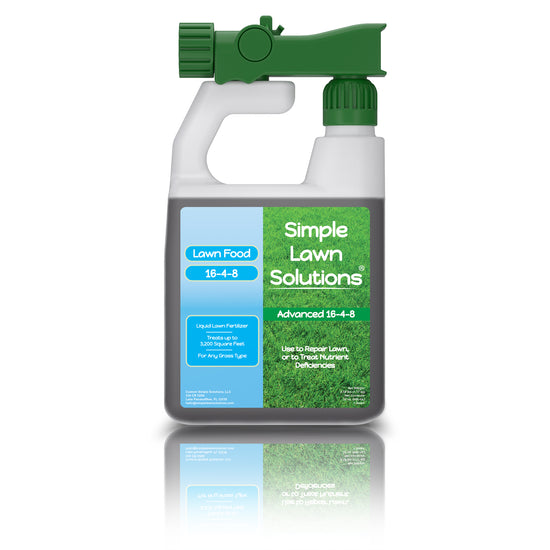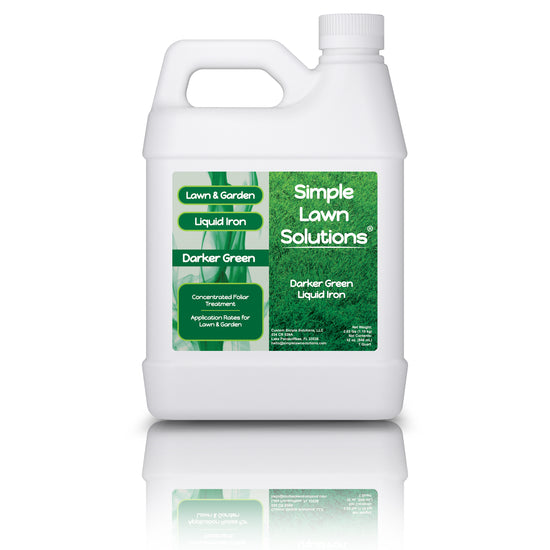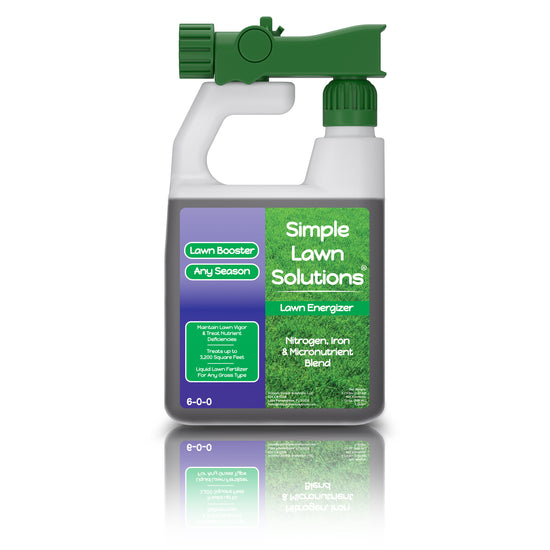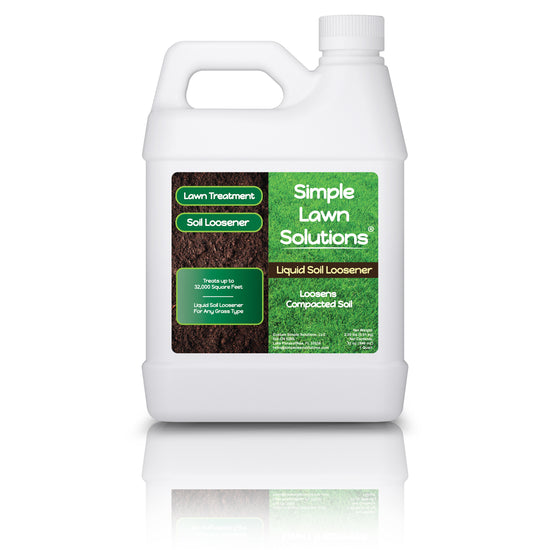Picture it: you’re standing in the lawn care aisle, looking at the overwhelming amount of options to treat your lawn. You’ve always seen your dad buy and apply granular fertilizer and nutrients on your grass, but apparently, there are liquid lawn nutrients as well. From what you read on the back of the bottle, it seems like a good route to go, but you aren’t sold just yet. Fear not! We’re here to give you the facts.
I’m used to granular fertilizer. Is liquid better?
Whether it contains granular lawn nutrients or liquid lawn nutrients when used correctly, a quality fertilizer will help your lawn looks its best. There are pros and cons to each, but at the end of the day, we’ll save you the research. We recommend going the liquid route, and here’s why.
-
Homogenous Mixture
When it comes to lawn care, certain macronutrients are necessary to ensure your fertilizer is doing what you want it to: nitrogen, phosphorus, and potassium. In liquid fertilizer, the nutrient content is the same in every single drop. When the nutrients are completely balanced, your plants are destined to be healthier.
-
Salt Content
With less salt comes less responsibility - isn’t that how the saying goes?! But seriously, the salt content in your fertilizer has a great deal to do with the health of your lawn. Liquid lawn nutrients contain less salt, significantly lowering the chances of killing your luscious green grass.

-
Ease of Application
With the right tools, applying liquid fertilizer is as easy as watering the grass. Simply point, spray, cover, and you're done! This application process is a great time-saver, and you can ensure you cover every part of your lawn evenly.
-
Fast Lawn Results
Liquid lawn nutrients feed the plants through both the soil and foliage, providing plants an opportunity to be nourished quickly. Quick nourishment makes for quick results. If you go the liquid route, a greener lawn is often visible within a few days!
-
Kill Two Birds with One Stone
Turning to a liquid option can maximize the use you get out of your fertilizer. Liquid nutrients can be used for both starter and in-season applications. There’s no need to find another product to use a month after your first go-around, making one thing in your life less complicated. (Hint: new to this whole thing and not sure when you should apply your nutrients? Check out this lawn care schedule!)
At first, lawn care might seem daunting. You have to take into account the climate of where you live, the type of grass you might have, the state your lawn is currently in, and there are an infinite number of products you could try. Rather than overwhelm you with so many available options, Simple Lawn Solutions is here to provide tips and tricks to keep things easy for you and fresh for your lawn. Liquify your lawn today, and see the results you so desperately desire. Your neighbors will notice, and your yard will be the talk of the town!









3 comments
Hello Mr Williams,
For the Spurge weeds, your best bet is to apply a pre-emergent in the early spring or fall before the temps reach 50-60 degrees. This will kill many of the seeds before they germinate. We would recommend heading to domyown.com they have many resources and products for pest control.
I’m having problems with Spurge weeds throughout my lawn. I try to pull them out prior to mowing, but it’s very difficult to keep up with the growth, being I live next to an open park area where I believe they are coming from. I tried to use liquid Monterey Spurge Power, but it burns my Bermuda grass and leaves brown spots. I also try to ensure the mixture is correct.
Do you have any other spurge weed control/eliminator which I can use that will not be harmful to my Bermuda Grass?
One question do you have a weed and feed I live in pa and it is hot when can I put weed an feed on my grass